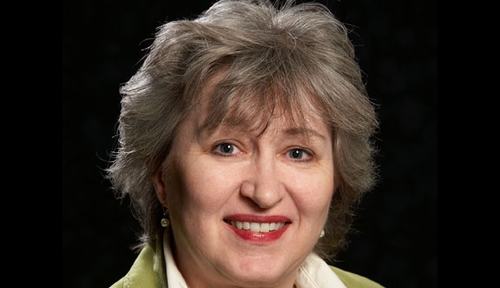UNMC researcher participates in study detailed in New England Journal of Medicine
A study of more than 1,700 couples – with one person HIV-positive and the other HIV-negative – has determined that HIV infection in the HIV-negative person can be prevented by giving antiretroviral therapy to the HIV-positive person.
The study, which is reported in the August 11 issue of the New England Journal of Medicine, was conducted in nine countries with 54 percent of the subjects from Africa and 50 percent of the infected partners being men.
Susan Swindells, M.B.B.S., the Terry K. Watanabe Professor and medical director of the HIV Clinic at the University of Nebraska Medical Center, was one of the authors of the study.
"The study was a resounding success," said Dr. Swindells. "The antiretroviral therapy was 96 percent effective in preventing HIV infection in the HIV-negative person. This is the most effective HIV prevention strategy we have ever seen. When the results were presented at the recent International AIDS Conference, they were greeted with a standing ovation, which is very rare at a scientific meeting."
The antiretroviral therapy included various combinations of three drugs widely used in treating HIV patients, she said.
The study determined that the drugs were tolerated very well by the HIV-positive individuals with little toxicity. In addition, the drugs were effective in preventing tuberculosis and other serious infections in these individuals.
The drugs are expensive, Dr. Swindells said, and getting them to everyone in need is very challenging. Patients also need specialized monitoring to make sure the treatment is working, and this is not widely available.
"Globally, only about one third of the people needing the medications are getting them," she said. "In an ideal world, everyone infected with HIV would get them."
An AIDS researcher since 1988, Dr. Swindells has held a variety of leadership posts for the past seven years in the Adult AIDS Clinical Trials Group, the largest HIV clinical trials network in the world. She also is a member of the AIDS Research Advisory Committee for the National Institute of Allergy and Infectious Diseases, one of the institutes that make up the National Institutes of Health.
Through world-class research and patient care, UNMC generates breakthroughs that make life better for people throughout Nebraska and beyond. Its education programs train more health professionals than any other institution in the state. Learn more at unmc.edu.
